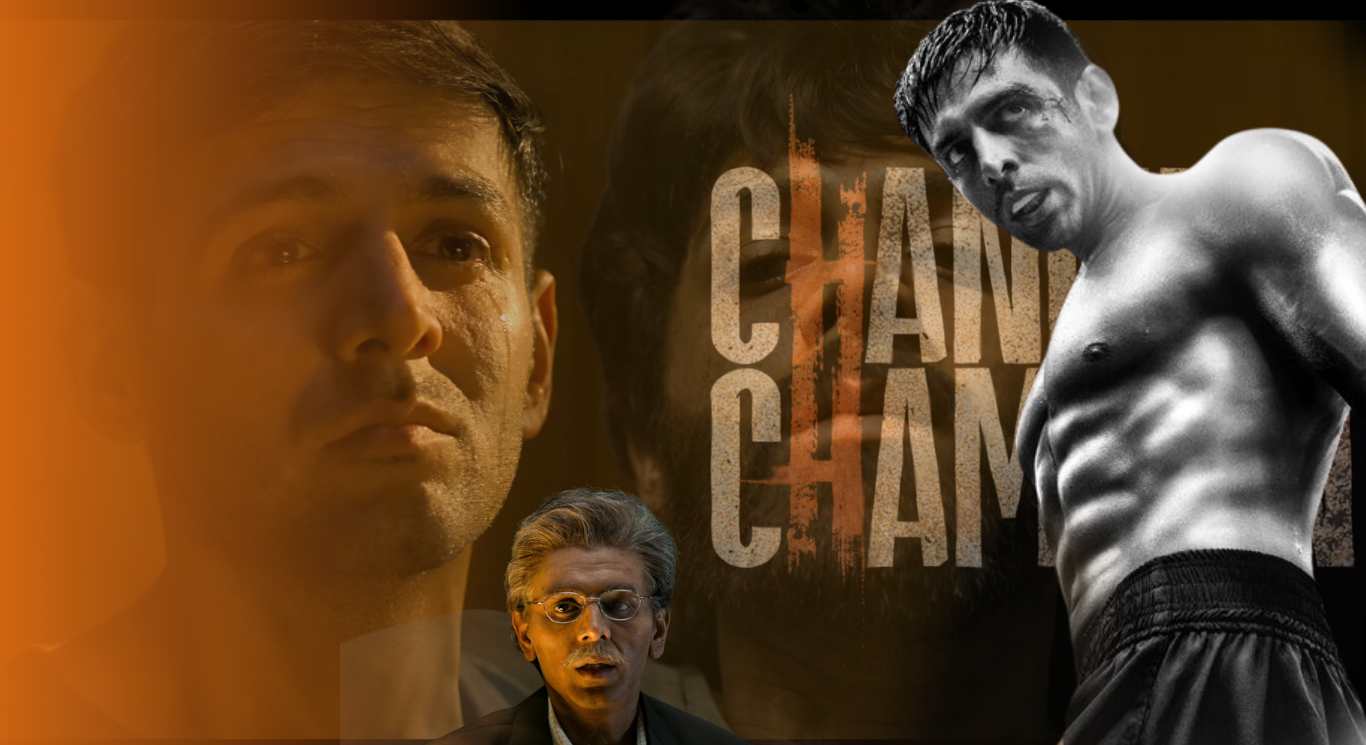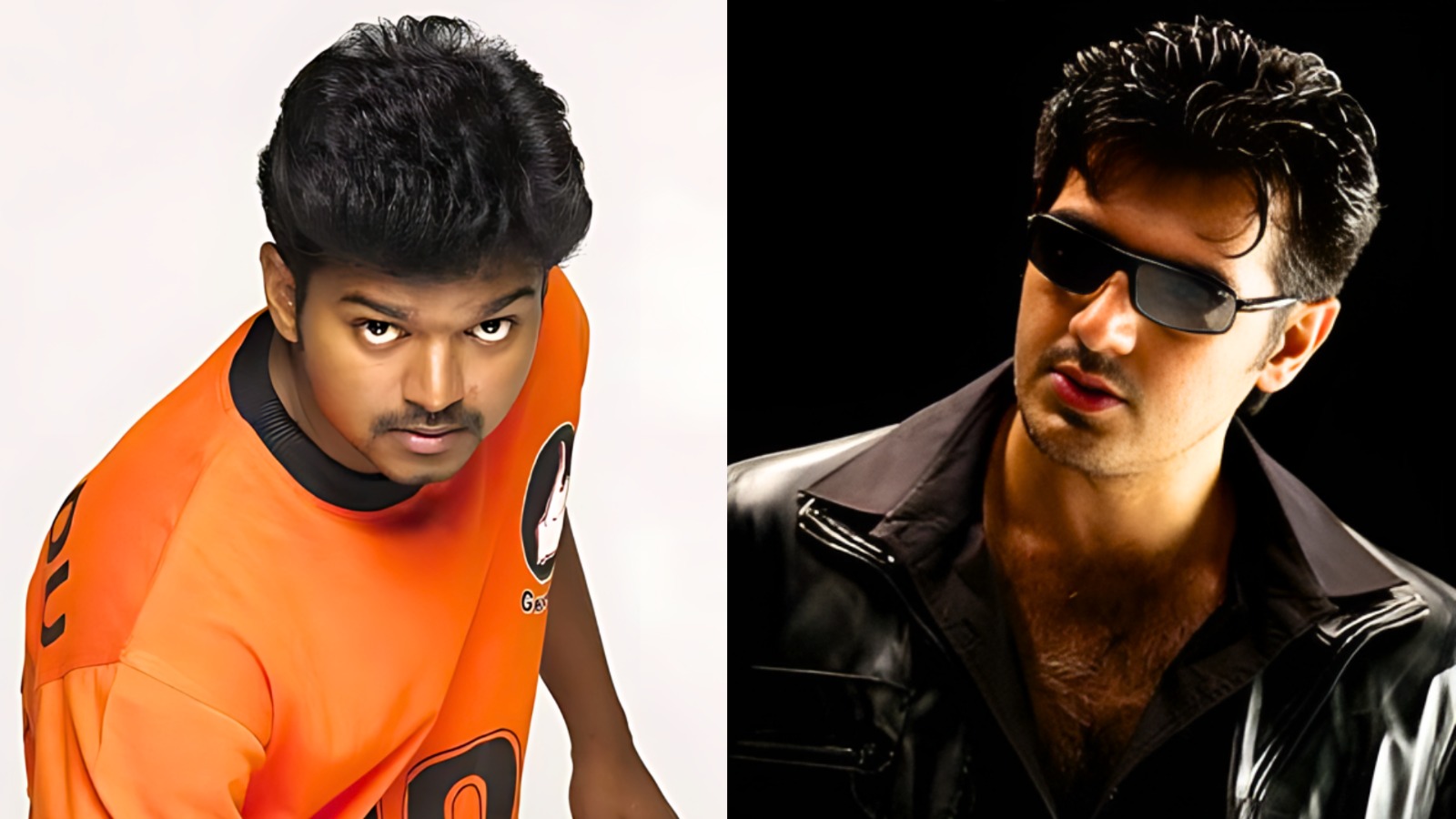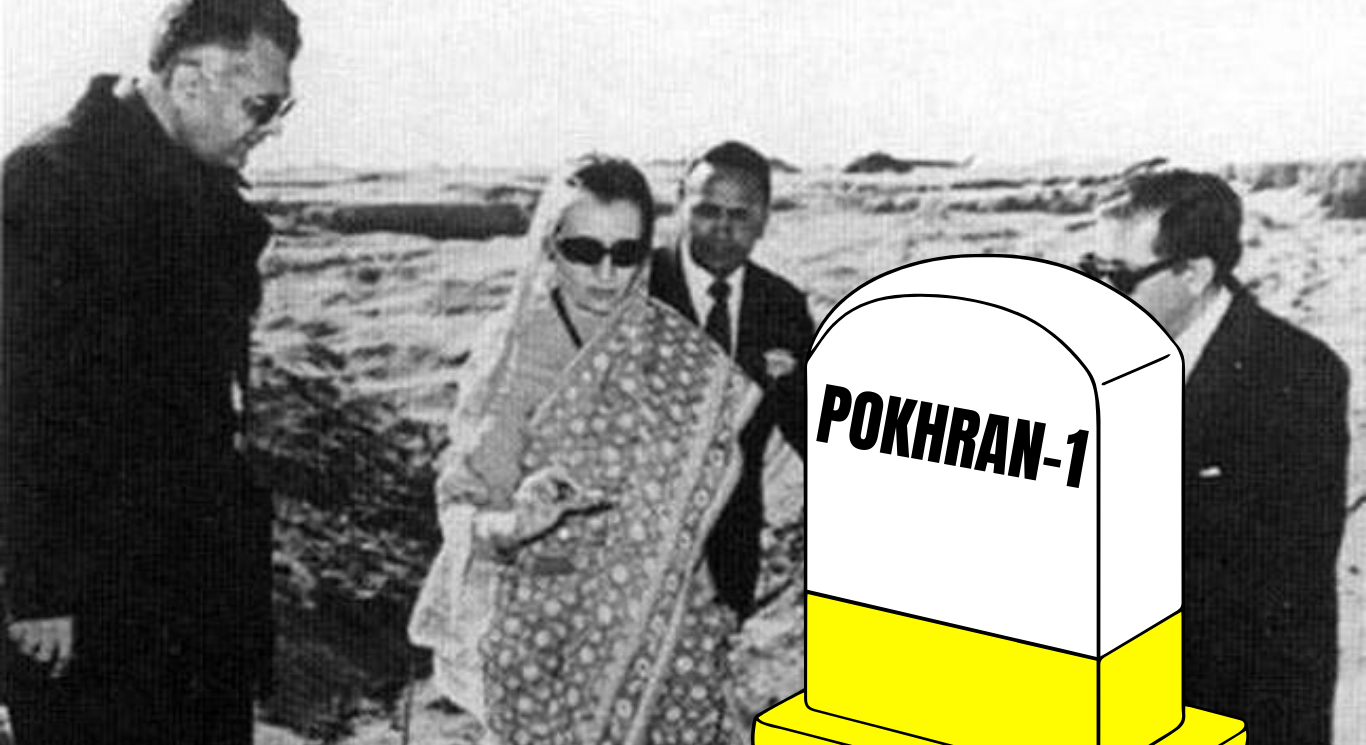


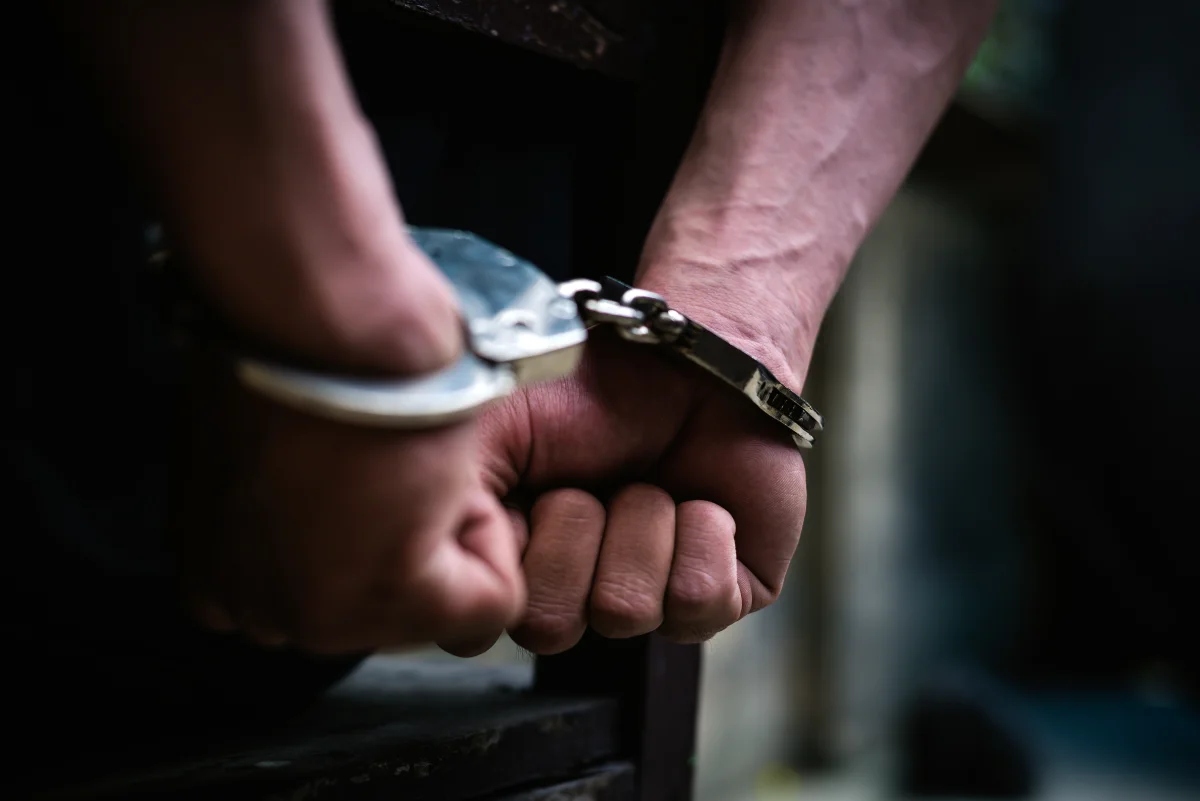
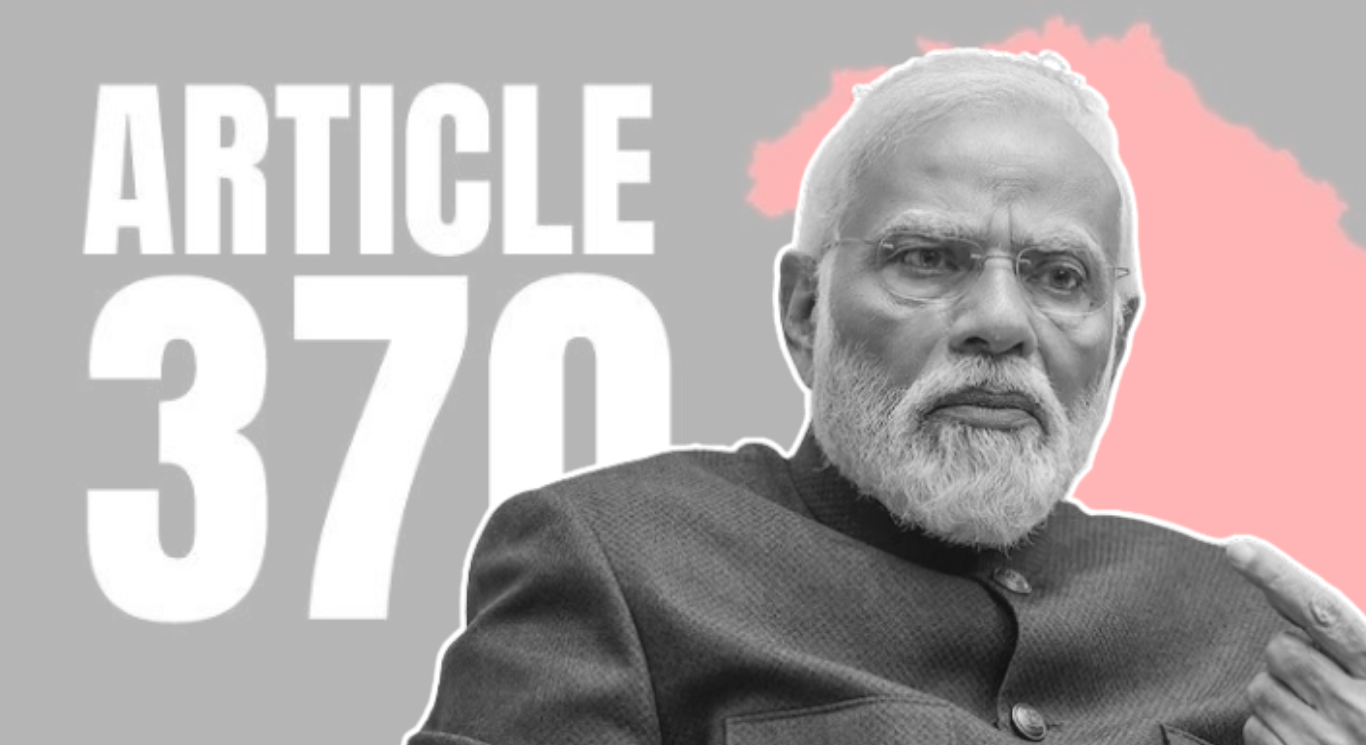
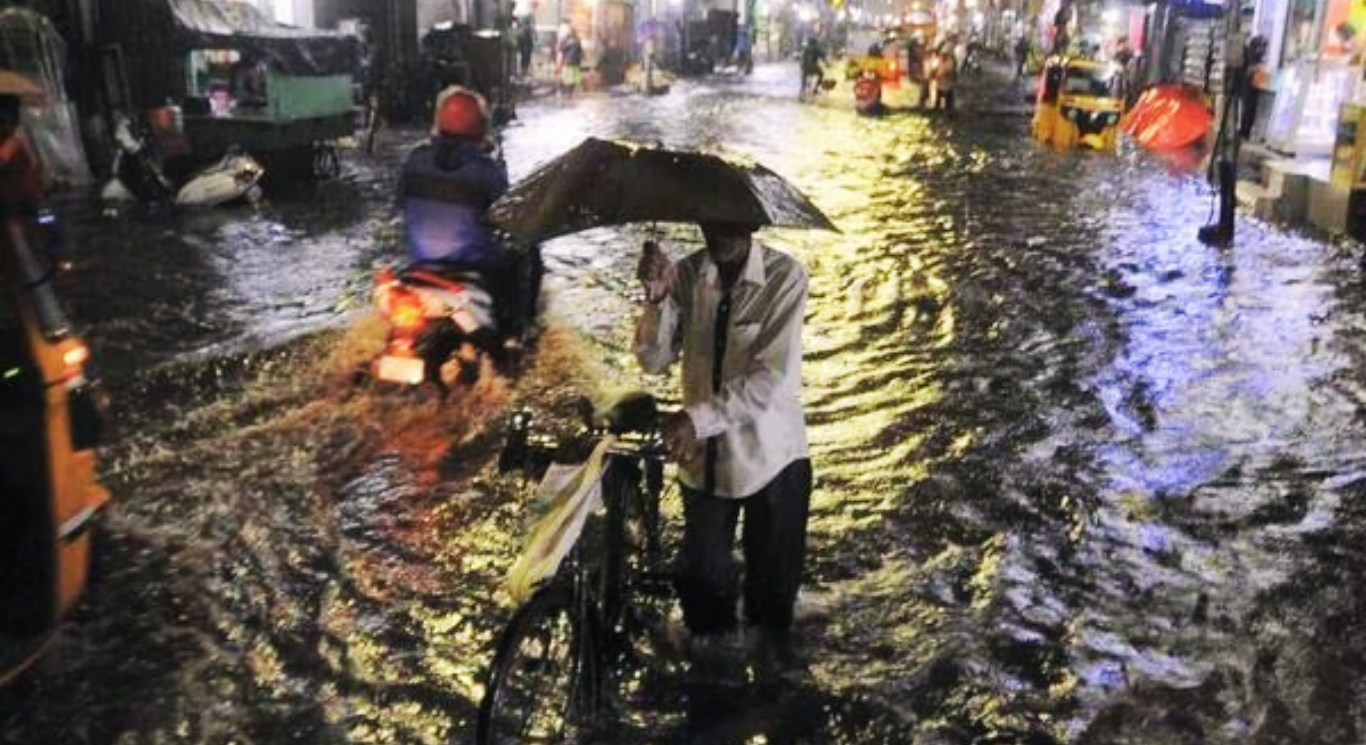
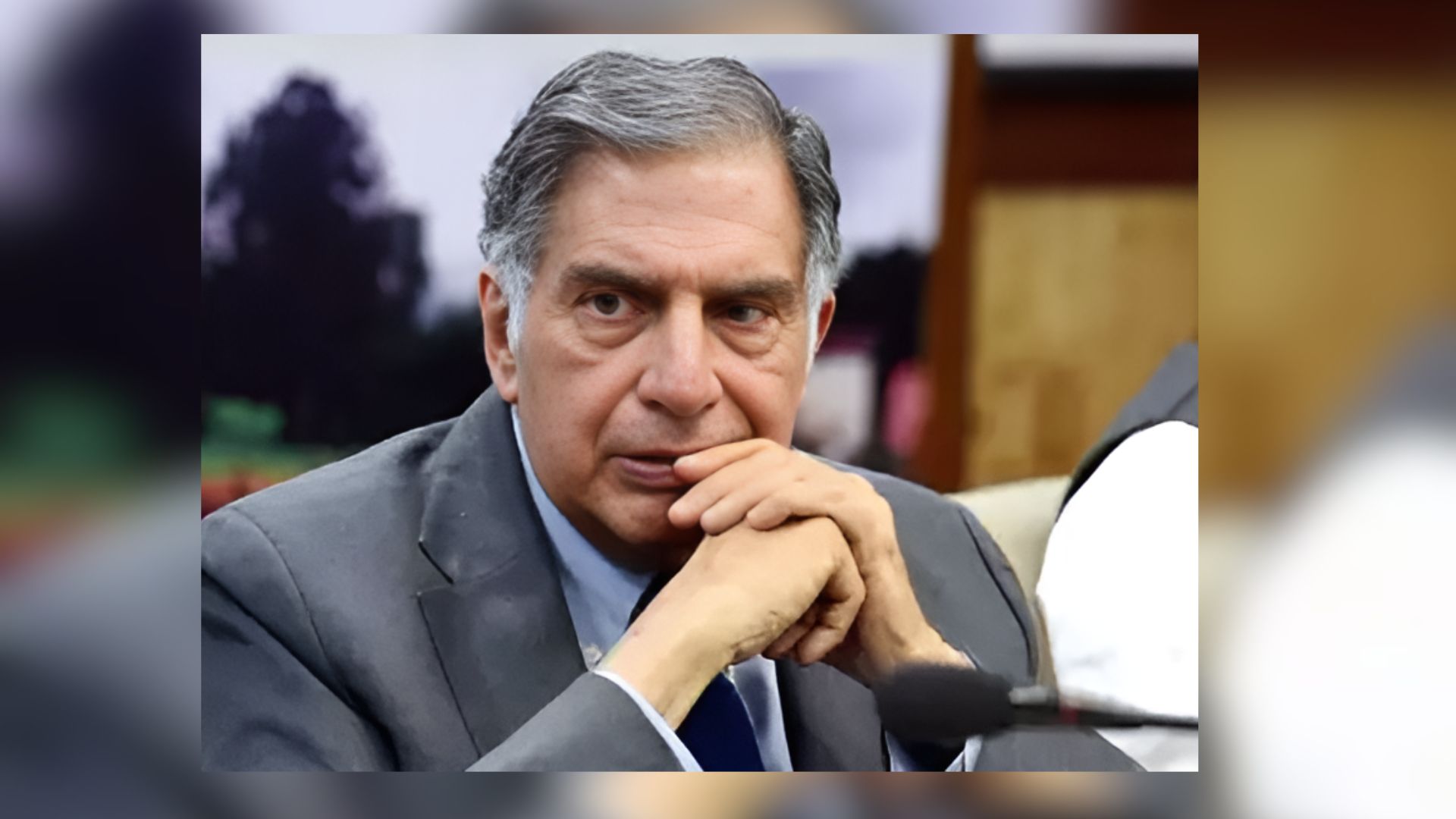
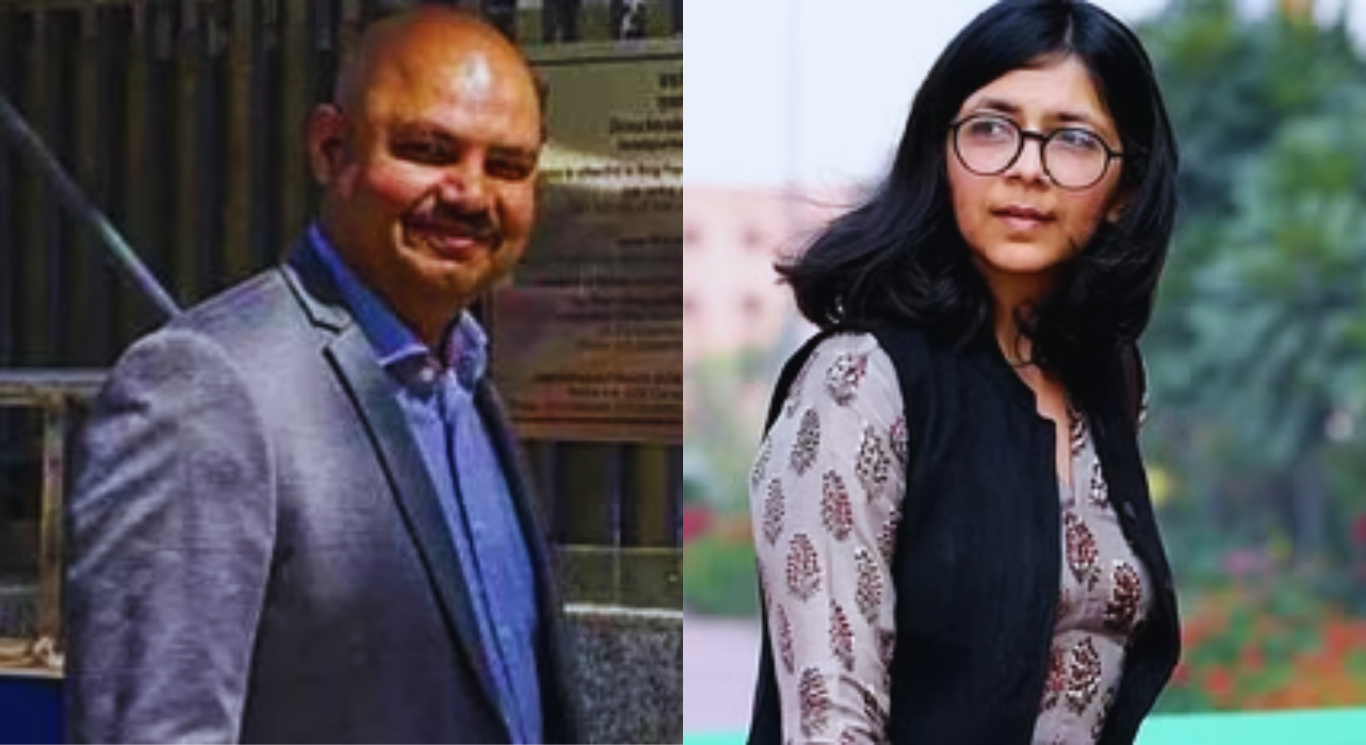

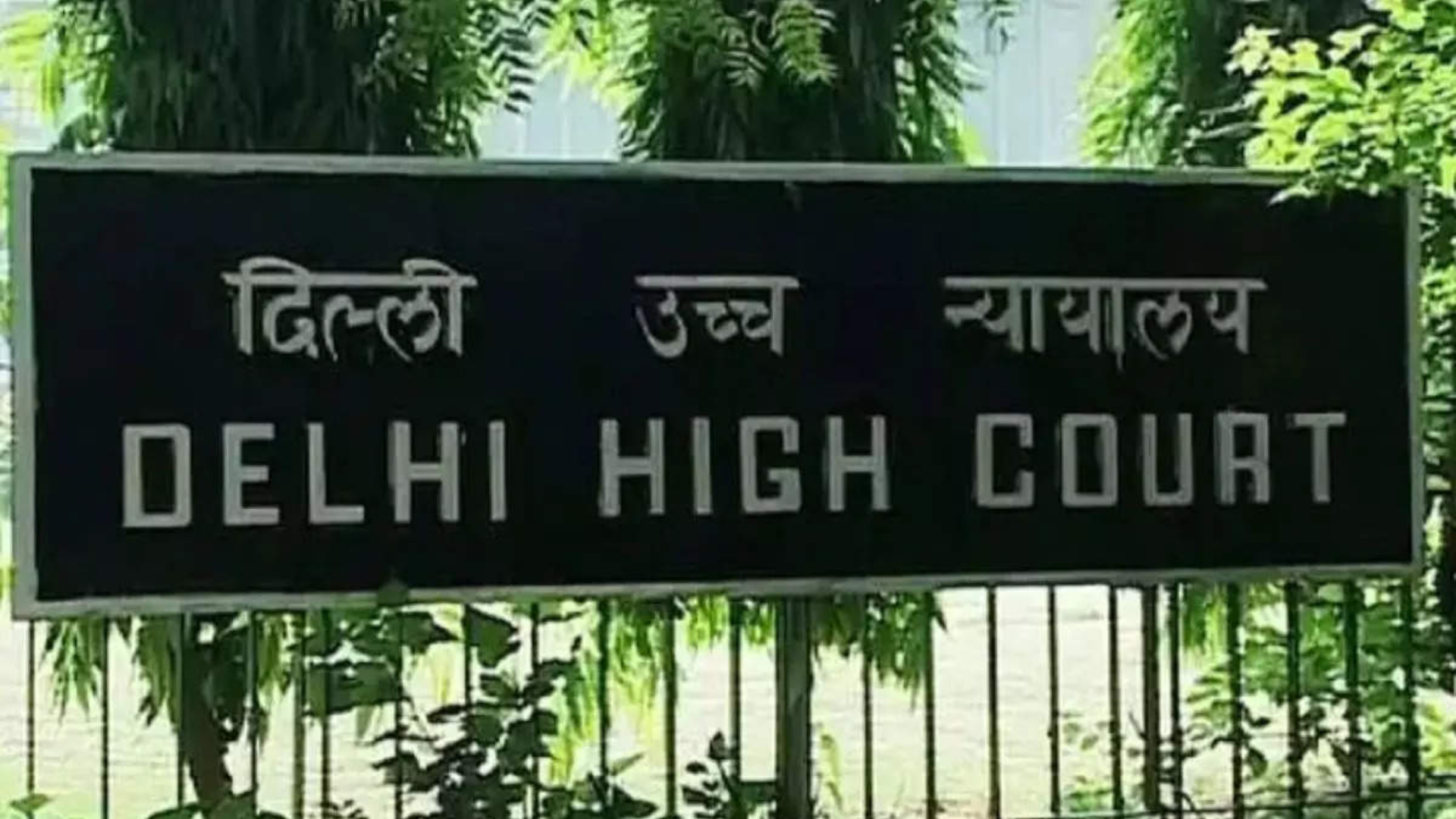

The Supreme Court agreed on Monday to hear a Public Interest Litigation on February 6 against the Centre’s decision to prohibit a BBC documentary about the 2002 Gujarat riots in the country. The petition will be heard next Monday, according to a bench led by Chief Justice DY Chandrachud. Advocate ML Sharma, who filed the PIL, requested an early hearing.
The PIL sought quashing of the January 21 order of the Centre, terming it “illegal, mala fide, arbitrary and unconstitutional”.
Meanwhile, senior attorney CU Singh testified before the bench on how veteran journalist N Ram and counsel Prashant Bhushan’s tweets with links to the BBC video were deleted citing “emergency powers” and how Ajmer students were suspended for watching the documentary.
The Advocate’s Petition Sharma also asked the Supreme Court to convene and study the BBC documentary, including parts I and II, and to take action against those who were responsible for and participating in the 2002 Gujarat riots, both directly and indirectly.
According to Sharma, the PIL has raised a constitutional challenge, and the Supreme Court must consider whether individuals have the right under Article 19 (1) (2) to read news, facts, and reports about the 2002 Gujarat riots.
“Issue writ of mandamus to the Respondent for quashing of the impugned order dated January 21, 2023 issued under rule 16 of IT rule 2021 being illegal, malafide and arbitrary unconstitutional and void ab-initio and ultra vires to the Constitution of India to provide complete justice,” the PIL stated.
According to insiders, the Centre issued instructions on January 21 to remove various YouTube videos and Twitter messages that shared links to the contentious BBC programme. The PIL questioned whether the federal government may limit press freedom, which is a basic right guaranteed by Article 19 (1) (2) of the Constitution.
It added, “Whether without having an Emergency declared under Article 352 of the Constitution of India by the president, Emergency provisions can be invoked by the central government?”


